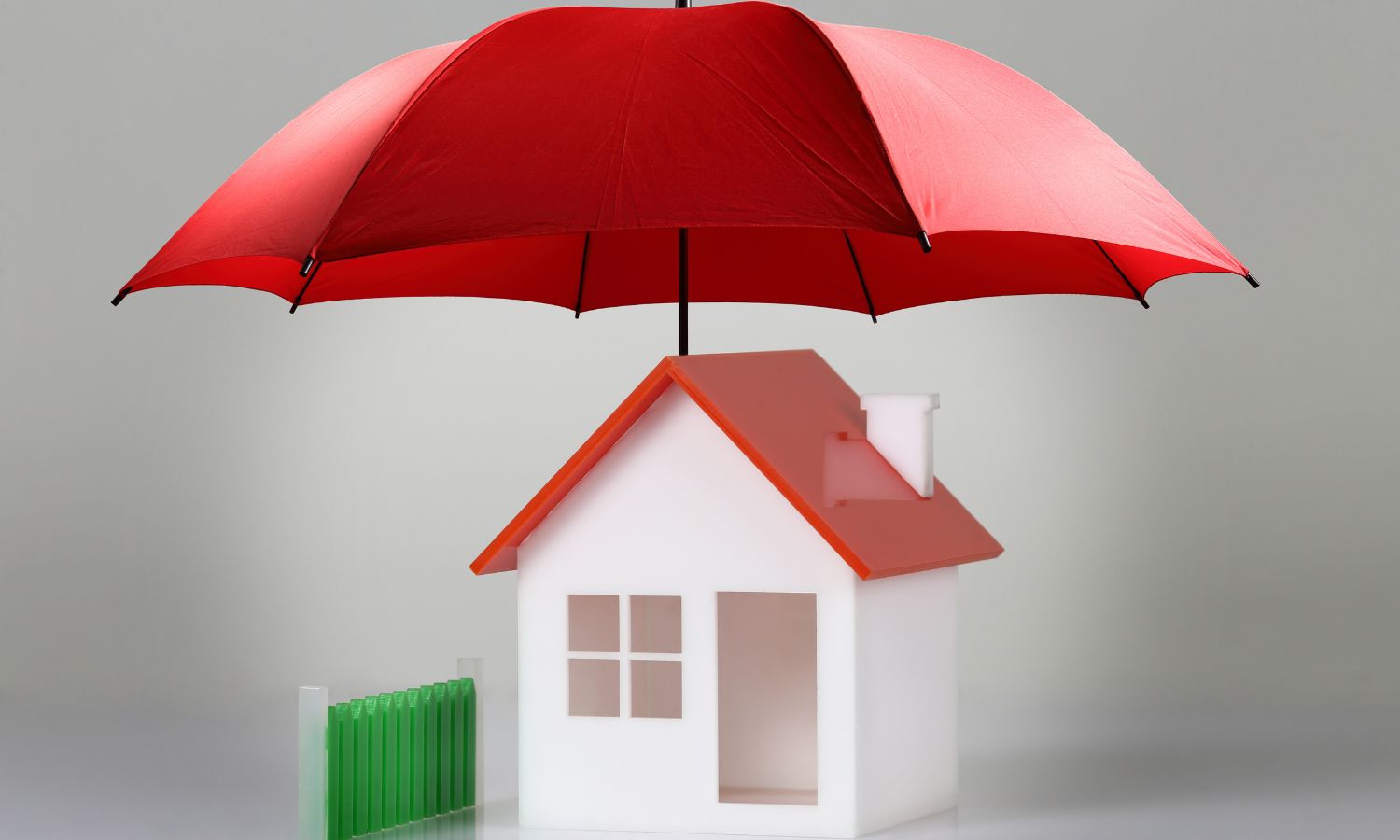Homeowners’ insurance is a vital financial tool that provides protection for your investment and peace of mind to homeowners. It offers coverage for a wide range of scenarios, helping safeguard your home, personal belongings, and financial well-being. In this article, we will explore what homeowners’ insurance typically covers and how it can benefit you in times of need.
Dwelling Coverage
Dwelling coverage is the core component of homeowners’ insurance. It protects the physical structure of your home, including the walls, roof, foundation, and built-in systems like plumbing and electrical. If your home is damaged or destroyed by covered perils such as fire, vandalism, or severe weather events, dwelling coverage helps pay for the repair or rebuilding costs.
Personal Property Coverage
Personal property coverage extends protection to your personal belongings, both inside and outside your home. This includes furniture, clothing, electronics, appliances, and more. If your possessions are damaged, stolen, or destroyed due to covered perils, personal property coverage can help replace or repair them.
Liability Coverage
Liability coverage is essential for protecting you financially in the event someone is injured on your property, and you are found legally responsible. It can cover medical expenses, legal fees, and damages awarded in a liability lawsuit. Liability coverage can also extend to incidents that occur outside your property, such as a pet causing harm to someone.
Additional Living Expenses (ALE) Coverage
If your home becomes uninhabitable due to covered perils, ALE coverage helps cover the additional costs associated with temporary living arrangements. This may include hotel stays, meals, and other essential expenses while your home is being repaired or rebuilt.
Other Structures Coverage
Many homeowners’ insurance policies provide coverage for structures on your property that are separate from your main dwelling, such as a detached garage, shed, or fence. This coverage can help repair or replace these structures if they are damaged by covered perils.
Medical Payments Coverage
Medical payments coverage, also known as “med-pay,” covers medical expenses for individuals who are injured on your property, regardless of who is at fault. It can help cover minor injuries and medical bills without the need for a liability lawsuit.

Personal Liability Umbrella
For those seeking additional liability protection beyond the limits of their standard policy, a personal liability umbrella policy can be added. This provides an extra layer of coverage that can be particularly valuable if you have significant assets to protect.
What Homeowners’ Insurance Typically Doesn’t Cover:
It’s important to note that homeowners’ insurance does not cover every type of loss or damage. Common exclusions and limitations may include:
- Floods: Homeowners’ insurance typically does not cover damage caused by floods. You may need a separate flood insurance policy for this protection.
- Earthquakes: Earthquake coverage is often not included in standard policies. If you live in an earthquake-prone area, you may need to purchase a separate policy.
- Routine Maintenance: Homeowners’ insurance is not designed to cover the costs of routine maintenance or wear and tear. It only provides coverage for sudden and unexpected events.
- Acts of War: Damage resulting from acts of war or terrorism is usually excluded from homeowners’ insurance coverage.
- High-Value Items: Valuable items such as jewelry, art, and collectibles may have limited coverage under a standard policy. You may need to purchase additional coverage for these items through endorsements or scheduled personal property coverage.
Conclusion
Homeowners’ insurance is a valuable financial tool that provides comprehensive protection for your home, personal belongings, and financial security. While it covers a wide range of perils, it’s essential to understand its limitations and exclusions. Review your policy regularly with your insurance agent to ensure it meets your specific needs and offers the protection required for your unique circumstances. With the right homeowners’ insurance in place, you can enjoy peace of mind knowing that your home and possessions are safeguarded against unexpected events.




